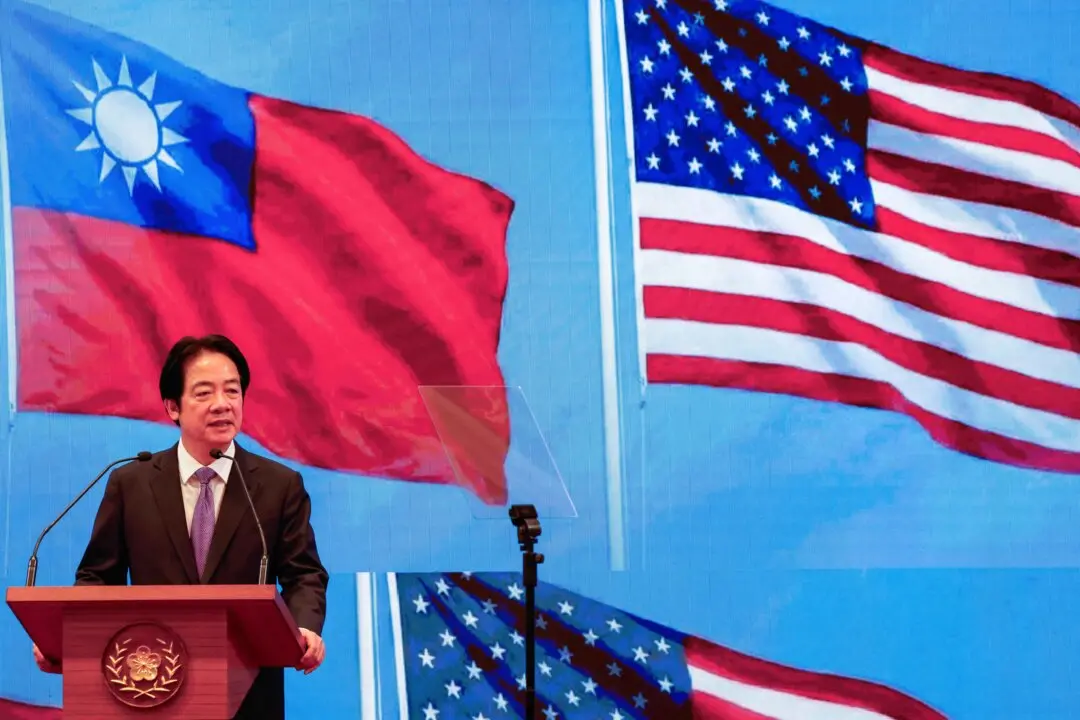U.S. Vice President Kamala Harris repeated her criticism of Beijing for undermining the rules-based international order on Aug. 26, during a press conference in Vietnam just hours before departing for the United States.
However, she didn’t offer details about what actions the Biden administration might take to fend off Beijing’s aggression in the South China Sea and against Taiwan.




